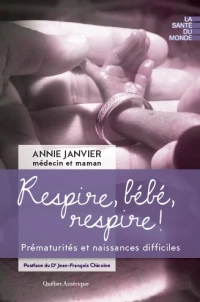In this study about the potential effects of α-tocopherol on IQ in ELBW infants, there are a number of problems: Starting with the title, Long-term alpha–Tocopherol supplements may improve mental development in extremely low birth weight infants. Acta Paediatrica. 2014. (It is by Kitajima and others, and published on-line in Acta.) A title should give some idea of the methodology that was used, this was not a prospective study which you need to argue causation, but a retrospective review. Also using the title to promote one interpretation of the results, which could easily be challenged, is not a good idea. The title states ‘may improve’, but the phrase ‘may be associated with’, would be much more appropriate.
The introduction refers to the study as a retrospective cohort study, but in the sentence just before that they talk about the results of the study. Maybe I’m an old stick-in-the-mud, but I think the introduction is where you explain why you did the study, the methods is where you describe what you did, and the results are where you say what you found. (The discussion section is then where you make extravagant claims about the significance and implications of your findings, and end up with a section calling for further research).
If we try to figure this out, there were 579 ELBW survivors from an NICU over 12 years, ending in May 1998. 45% of them were followed up, the last follow up was at 8 years of age, which means that the study was finished 8 years ago.
Now what really confuses me are some of the other details of the report, the babies had vitamin E started at between 3 and 4 weeks of age; the authors talk about the infants being ‘divided into groups’ either getting no tocopherol, tocopherol for between 1 and 6 months, or for more than 6 months. It seems as I delve deeper that the babies who were ventilated for less than 4 weeks did not get it, those ventilated for more than four weeks ‘continued’ the tocopherol until discharge or until 4 months, and those who went home on oxygen had the tocopherol until the oxygen was discontinued. So the groups are very different, the long use babies had much more dexamethasone use, for example.
The results actually show that the IQ at school age was highest in the group who did not receive any tocopherol. Which isn’t exactly what they say in the introduction, abstract or title! Only by combining the two groups, those who received no tocopherol and the 1 to 6 month tocopherol, were the authors able to claim that the very prolonged tocopherol had higher IQ, but there are so many confounders that I really don’t think that any analysis of these data can be considered reliable; even if you do all the data manipulation that these authors do, leaving out high income families, infants who had very large amounts of dexamethasone etc. All you can say is that infants in the group who got no tocopherol had higher IQ than those who got 1 to 6 months, and those who got extremely prolonged supplementation had intermediate values. Whether this was due to the tocopherol or to other differences between the groups is open to question. In fact that pattern suggests to me a random effect.








